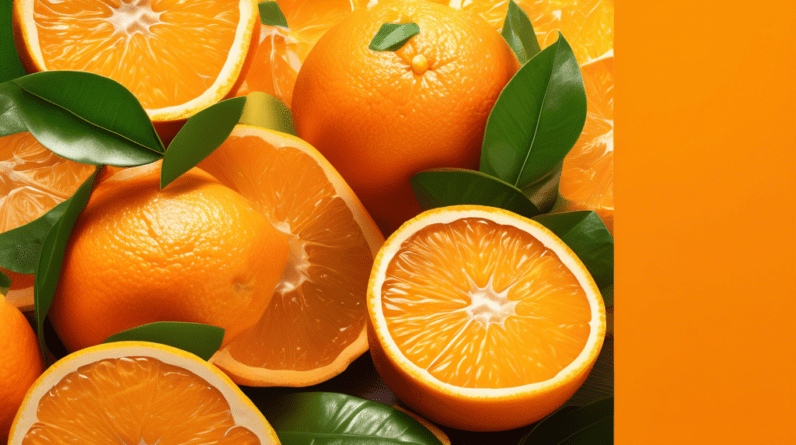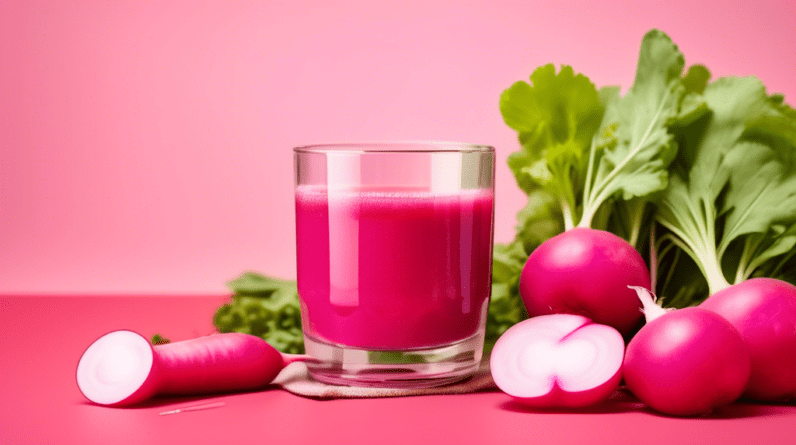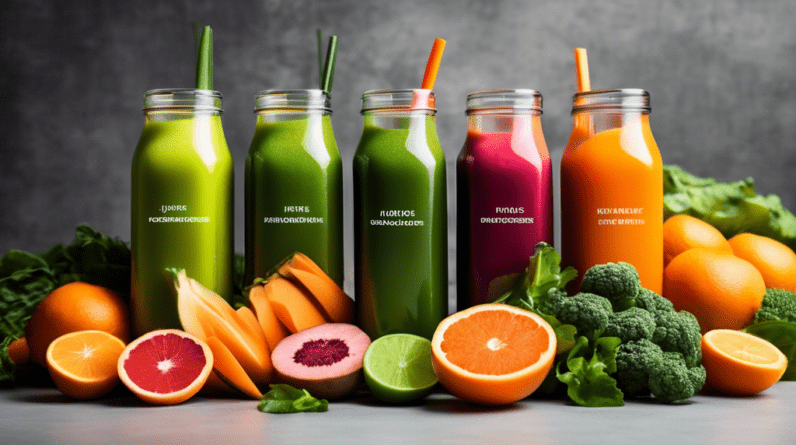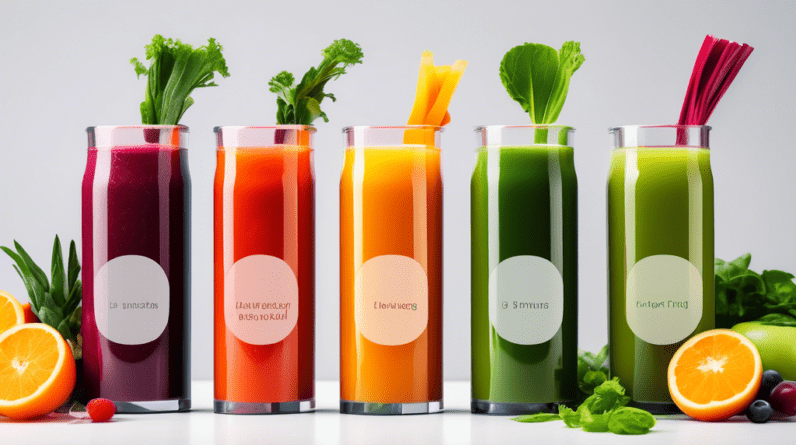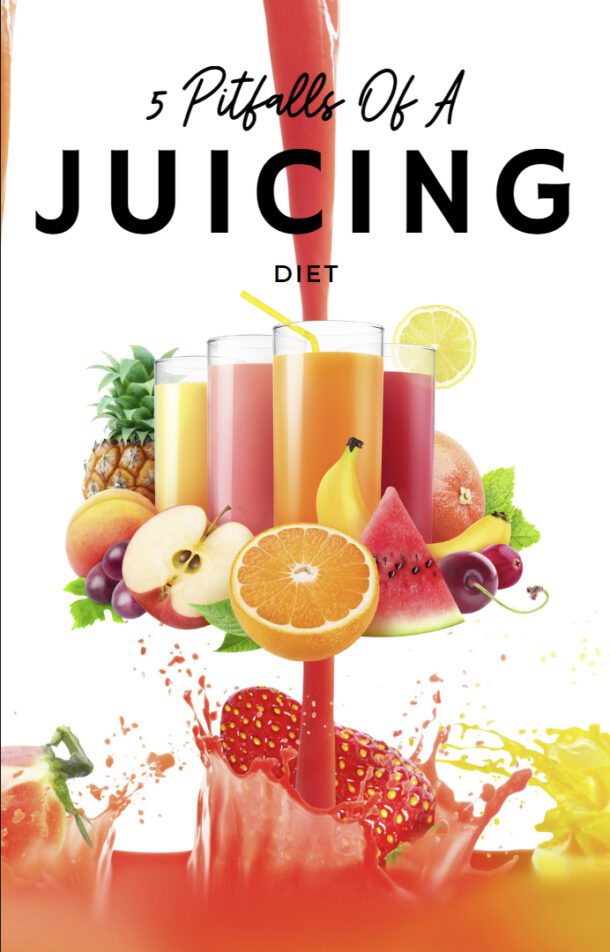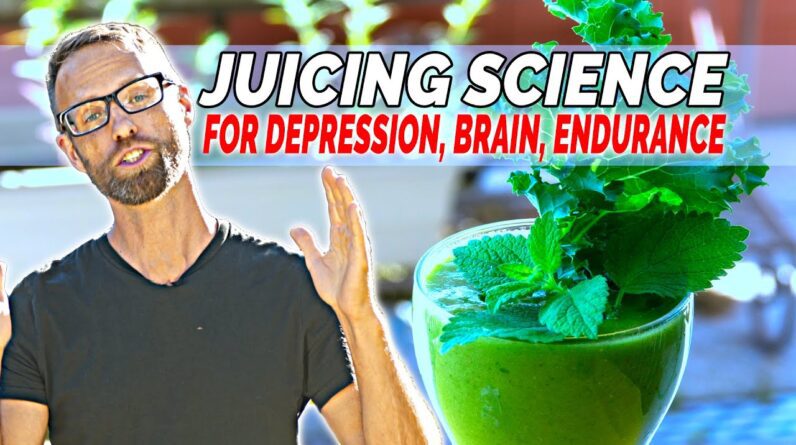
Juicing has taken the health world by storm, touted as a way to boost energy, detoxify the body, and even prevent chronic diseases. Hidden behind the hype, however, is a vast amount of scientific research that supports the benefits of juicing for conditions ranging from high blood pressure and high cholesterol to depression and cognitive function. In this comprehensive guide, we explore the science of juicing and uncover its positive impact on health and well-being. Get ready to discover the nutritional power of fresh fruits and vegetables and take your health to the next level.
Introduction
Juicing is an effective and convenient way to get essential nutrients and vitamins, and it has become increasingly popular in recent years. While many people use juicing as a way to lose weight or detoxify, there are many other benefits that juicing can offer. This comprehensive guide explores the science behind juicing and its positive effects on various health concerns, including blood pressure, cholesterol, depression, cognition, and more.
How Juicing Can Improve Blood Pressure
High blood pressure is a common health concern that affects many people worldwide. However, studies show that incorporating fresh juice into your diet can help lower your blood pressure levels. Here’s how:
- Fresh juices contain essential nutrients that are scientifically proven to have a blood-pressure-lowering effect.
- Juicing can help reduce salt consumption, which is a significant contributing factor to high blood pressure.
- Juicing can improve overall heart health by providing essential nutrients that can reduce arterial stiffness and improve blood flow.
The Effect of Juicing on Cholesterol
High cholesterol levels can lead to cardiovascular disease, which is one of the most significant health concerns worldwide. However, studies show that for those with high cholesterol, incorporating fresh juices into their diet can help lower cholesterol levels. Here’s why:
- Fresh juices contain essential nutrients such as potassium, which can help keep cholesterol levels in check.
- Juicing can help reduce consumption of high-cholesterol fatty foods, which can increase cholesterol levels.
- Juicing can help improve digestion and gut health, which can promote a healthy cholesterol balance.
How Juicing Can Help with Depression
Depression is a mood disorder that affects millions of people worldwide. While many treatments can help alleviate depression symptoms, studies show that incorporating fresh juices into your diet can be beneficial. Here’s why:
- Fresh juices contain essential nutrients such as folate and tryptophan, which are scientifically proven to improve mood.
- Juicing can help reduce inflammation in the body, which is thought to contribute to depression.
- Juicing can help promote better sleep quality, which is beneficial for those with depression.
Juicing and Cognition
Cognition refers to the mental processes involved in learning, memory, and problem-solving. Studies show that incorporating fresh juices into your diet can help improve cognitive function. Here’s how:
- Fresh juices contain essential nutrients such as antioxidants, which can protect against damage to brain cells.
- Juicing can help reduce inflammation in the body, which is thought to contribute to cognitive decline.
- Juicing can improve overall gut health, which has been linked to cognitive function.
Other Health Benefits of Juicing
In addition to the health benefits mentioned above, there are many other ways that juicing can be beneficial for your health. Here are some notable additional health benefits:
- Juicing can promote weight loss by reducing calorie intake and increasing satiety.
- Juicing can help improve skin health by providing essential nutrients that promote healthy skin.
- Juicing can help improve overall gut health by promoting the growth of beneficial gut bacteria.
Conclusion
Juicing is an effective and convenient way to get essential nutrients and vitamins, and studies show that it can offer many health benefits. From improving blood pressure to promoting better cognitive function, incorporating fresh juices into your diet can help improve your overall health and well-being.
FAQs
- Can juicing be harmful?
While juicing is generally safe, it’s essential to incorporate fresh juices into a balanced diet and not rely solely on them for nutrition. - Can juicing help with weight loss?
Juicing can be beneficial for weight loss by reducing calorie intake and increasing satiety. - Is it better to eat fruits and vegetables whole or juice them?
While eating fruits and vegetables whole is generally recommended, juicing can be beneficial in getting essential nutrients in a convenient way. - Can juicing be done with a blender instead of a juicer?
While a dedicated juicer is generally recommended for juicing, a blender can be used to make smoothies that incorporate essential nutrients. - Is it necessary to buy organic produce for juicing?
While organic produce can be beneficial, it’s not always necessary, and fresh produce that’s thoroughly washed can be used for juicing.

